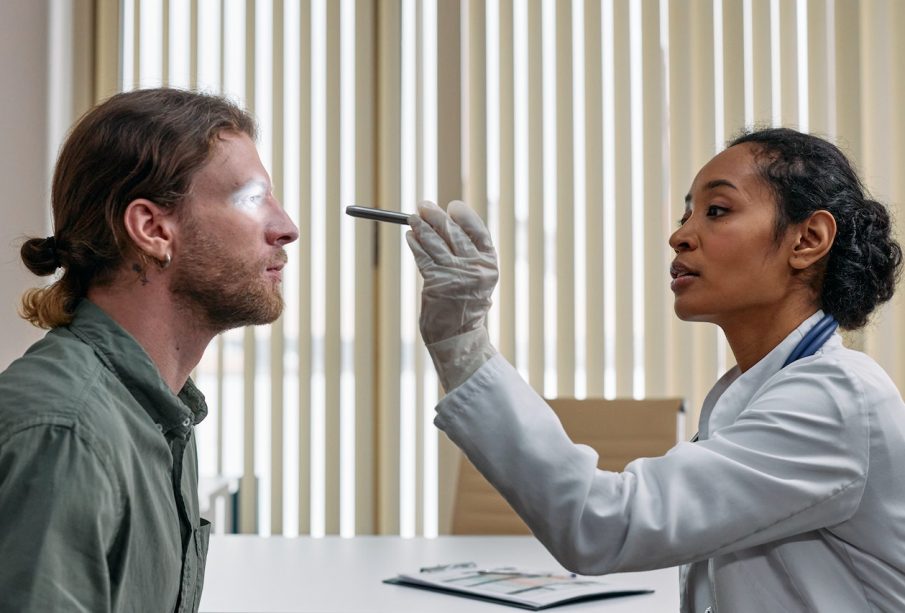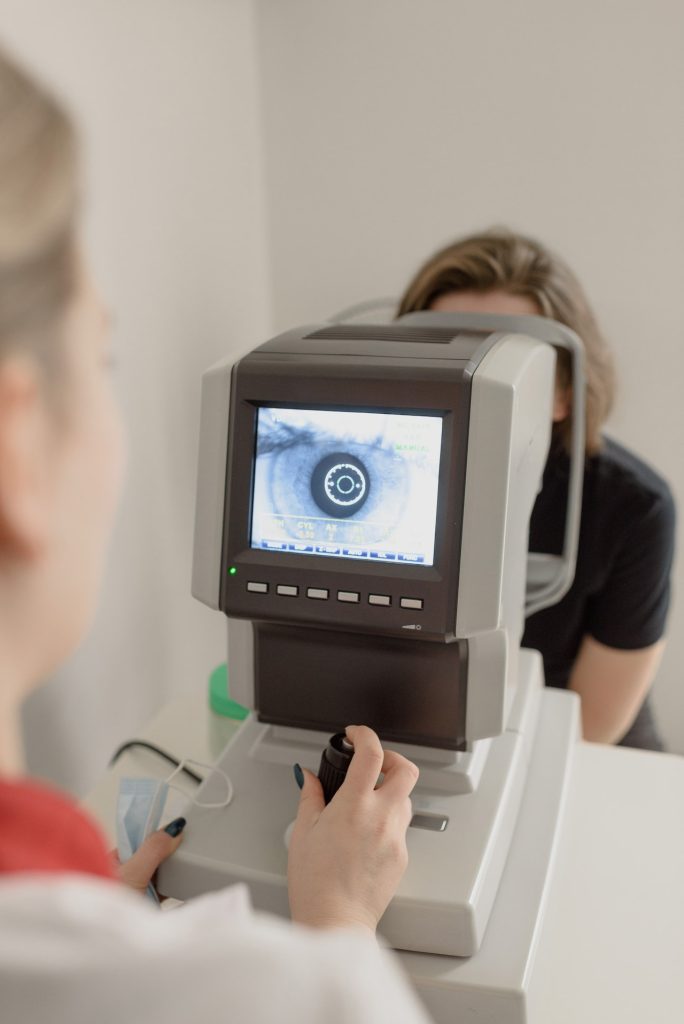What Medical Conditions Cause Eye Problems

In 2016, over 33 million people in the United States were living with a chronic eye disease. And that’s just the beginning. According to the World Health Organization (WHO), by 2050, the number of people with chronic eye diseases is projected to exceed 50 million. What does that mean for you and your patients? In this blog post, we will explore some of the most common medical conditions that cause eye problems and outline some ways to help your patients stay healthy and see clearly.
The Different Types of Eye Problems
There are a variety of medical conditions that can cause eye problems. Some of the most common include: cataracts, glaucoma, age-related macular degeneration (AMD), and refractive errors. Each of these conditions can lead to different types of vision problems. Here are some of the most common types of vision problems caused by medical conditions:
Cataracts
Cataracts are a leading cause of blindness in adults. They happen when the lens in your eye becomes cloudy or thickened due to damage or inflammation. This can lead to reduced vision and eventually total blindness. Cataracts can be treated with surgery, but if they’re not treated early they can lead to serious health problems such as heart attack or stroke.
Glaucoma
Glaucoma is a condition that causes pressure inside your eyes that gradually damages your optic nerve and leads to loss of sight. Glaucoma is most commonly diagnosed in older adults, but it can also occur in children and young adults. Treatment for glaucoma typically includes medication and/or surgery to remove the blockage.
Age-related macular degeneration (AMD)
AMD is an eye condition that causes damage to the central part of your retina, which is responsible for seeing in detail at close range. As the disease progresses, people may lose their ability to read fine print or see clearly at all distances.
Read More: Sanpaku Eyes
Causes of Eye Problems
There are many medical conditions that can cause eye problems. Many of these problems are caused by infections or by other abnormalities in the body. Other causes of eye problems include:
-Eye tumors
-Retinal diseases, such as macular degeneration and retinitis pigmentosa
-Congenital anomalies, such as strabismus and anophthalmia
-Diabetes
-Allergies, including to dust mites and pet dander
-Injuries, including those sustained in car accidents or from falls
There are many medical conditions that can lead to eye problems. Some of the most common causes of eye problems are: glaucoma, cataracts, age-related macular degeneration, diabetic retinopathy, and uveitis.
Glaucoma is a condition in which pressure inside the eye increases to the point where vision is impaired. It is the second most common cause of blindness after cataract surgery. Glaucoma can be caused by a number of things, including high blood pressure, high cholesterol levels, and a history of hypertension or heart disease.
Cataracts are more common in older people and can result from aging, environmental factors (such as smoke exposure), genetics, and disease (such as cancer). Cataracts block the light that enters the eye and can eventually cause blindness. Treatment for cataracts includes removing the cataractous lens and replacing it with an artificial lens.
Age-related macular degeneration (AMD) is a condition in which tissue in the center of your retina – near your eyes’ center – starts to die off. This damage leads to gradual loss of vision. AMD is most commonly caused by age but can also be caused by certain diseases (such as diabetes), heavy alcohol use, and head injury. Early detection is important for treating AMD because treatment options vary depending on how far along the condition is when detected.
Diabetic retinopathy is a complication of diabetes that affects the blood vessels in the retina. As diabetic retinopathy progresses, it can lead to blindness. Early diagnosis and treatment is key for preventing blindness.
Uveitis is an inflammation of the uvea, the middle layer of the eye. Uveitis can be caused by a variety of things, including infection (such as cat scratch fever), autoimmune diseases (such as lupus), and injury (such as a head injury).
There are many other medical conditions that can lead to eye problems. Some of the most common conditions include: glaucoma, cataracts, age-related macular degeneration, diabetic retinopathy, and uveitis.
Read More: Sanpaku Eyes
How to Treat Eye Problems
If you experience any of the following signs and symptoms, see a doctor: discomfort, discharge, infection, redness or irritation in the eye.
If you have any of the following conditions, your eye may be more likely to suffer from other medical problems and should be treated accordingly: diabetes, high blood pressure, obesity, dry eyes, aged eyes. If you experience these conditions, consult your doctor about treatment plans specifically tailored for your individual health needs.
Aging: As we age our eyesight declines and there is an increased chance of developing certain types of eye problems. Make sure to get regular checkups with your doctor to ensure that you are receiving adequate care.
Diabetes: Diabetes can cause damage to blood vessels in the eye which can lead to eyestrain and vision problems. If you have diabetes and experience any of the following symptoms or if you develop a blindness due to diabetic retinopathy, please see a doctor immediately: sudden decrease in vision; red or papular lesions; pain when pressing on either eyelid; decreased sensitivity to light.
High Blood Pressure: High blood pressure can cause serious damage to blood vessels in the eye including those that supply oxygen and nutrients to the retina. If you have hypertension (a high blood pressure reading greater than 140/90mm Hg) and notice one or more of these signs or symptoms: blurred vision; difficulty seeing at night; flashes before your eyes when looking up; decreased night vision.
Conclusion
There are a number of medical conditions that can cause eye problems, and each one warrants a different treatment plan. If you are experiencing any symptoms that could be related to an eye disease, it is important to seek out professional help as soon as possible. By doing so, you can ensure that you receive the best possible care for your eyes and get back to living life to the fullest.










